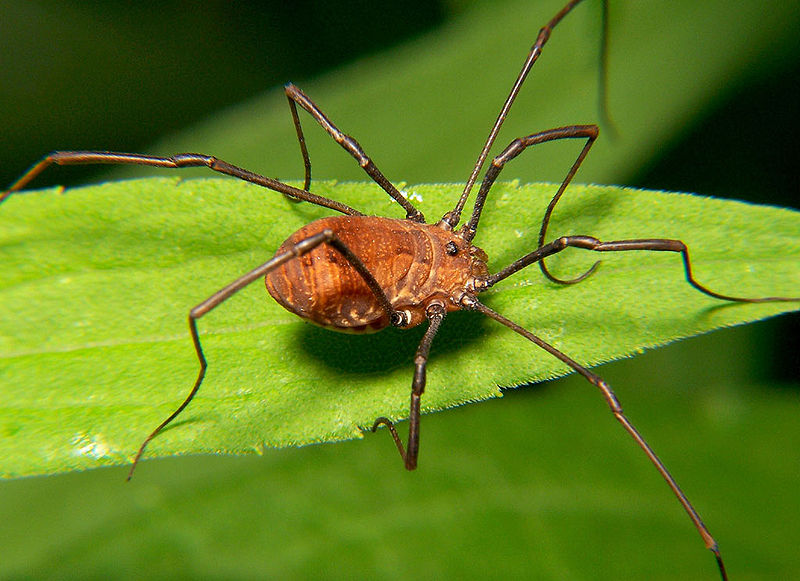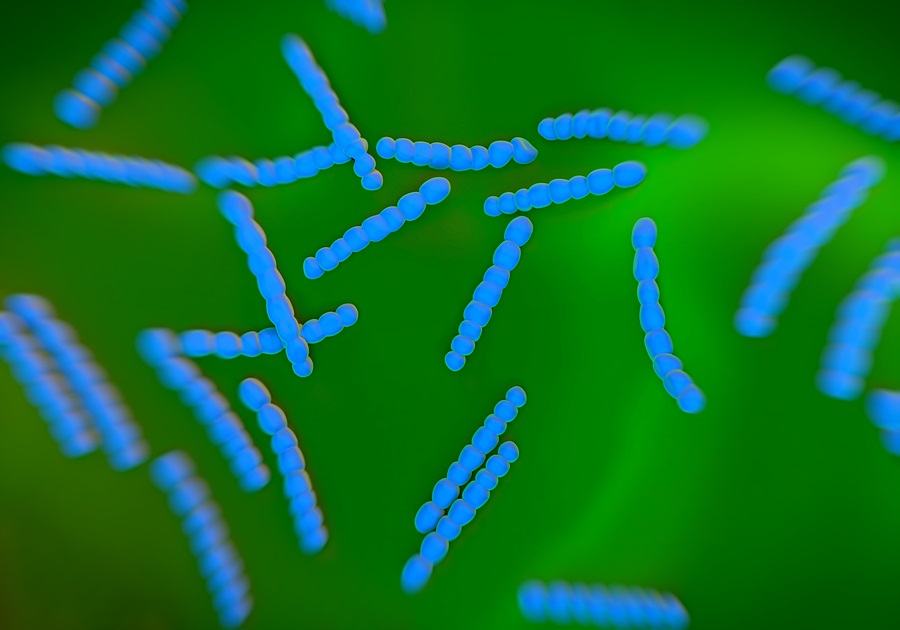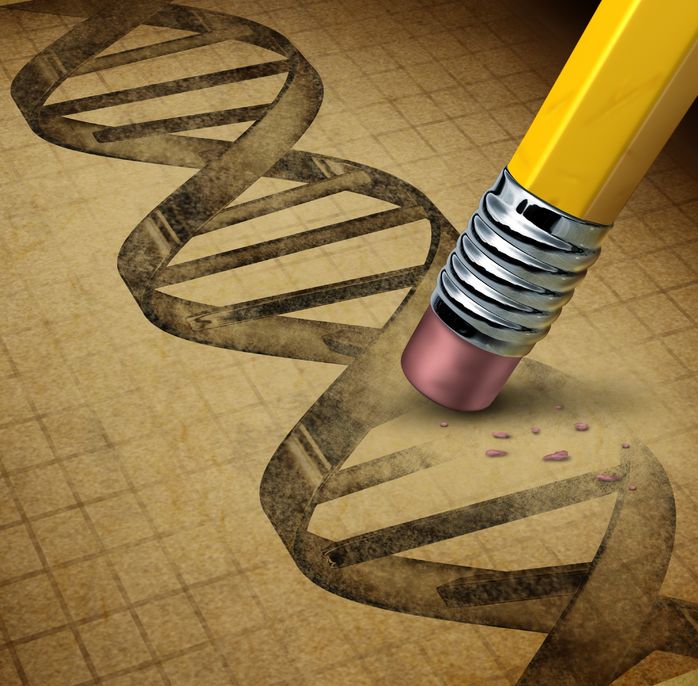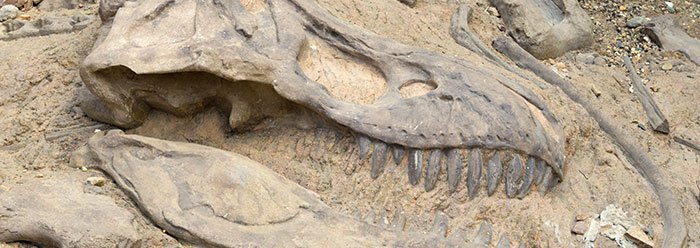Stasis: Life Goes On but Evolution Does Not Happen
Species often explode suddenly into life, as in the Cambrian explosion, which even Darwin found to be a problem for natural selection. Some of them do not persist beyond the age to which they are adapted. That does not require an explanation. But others just settle down to long eons where they don't change much, no matter what the environment. And "stabilizing selection" does not account for that. The cockroach, for example, is still around and still easily identifiable after perhaps 350 million years. The 350-million-year-old coelacanth fish and the 300-million-year-old horsetail grass survive largely unchanged.













